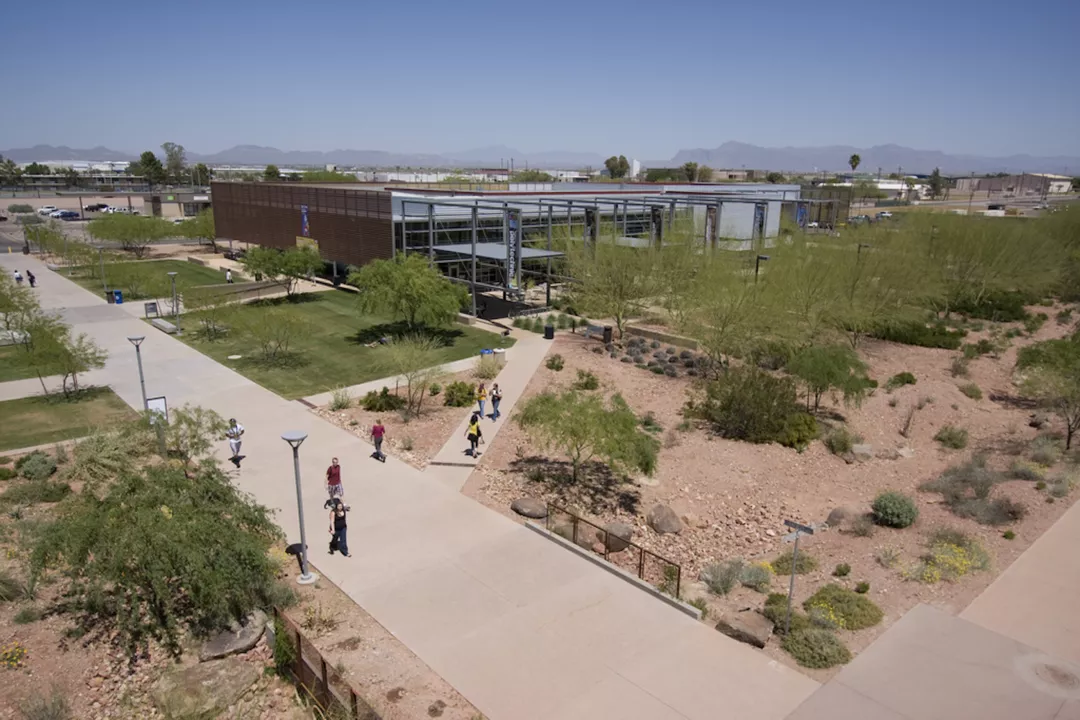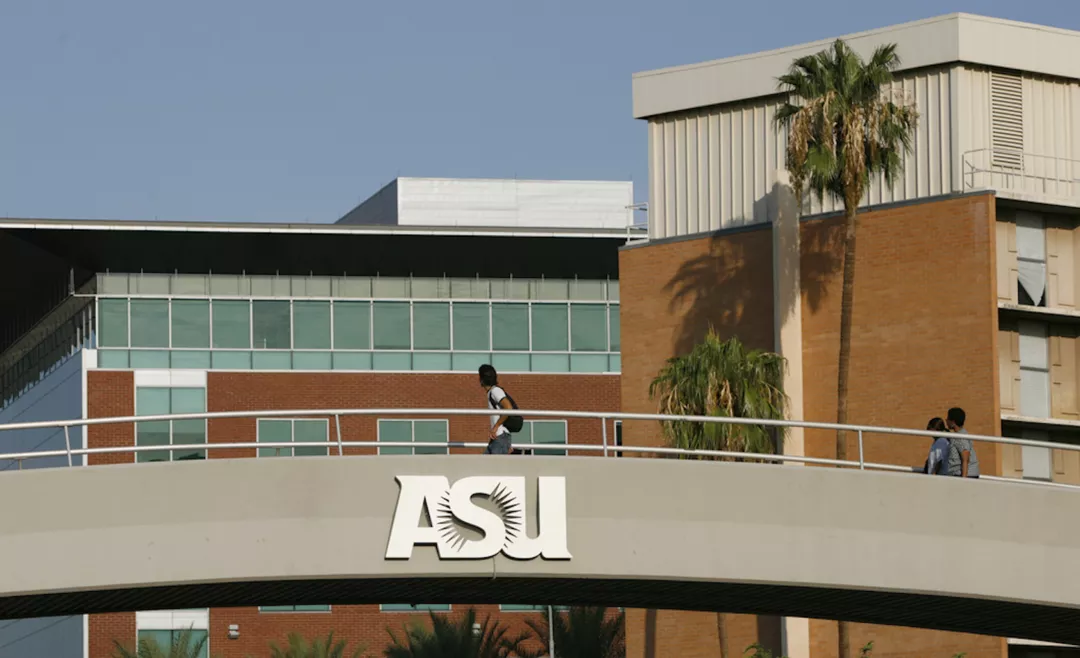-
hello@abroadcube.com
Mail us
-
Call For Help:
98779 83783
-
Whatsapp Us
70090 34921
Arizona State University's (ASU) transdisciplinary computer engineering program allows students to develop unique skills as they take computer science and electrical engineering courses and participate in projects across the two schools and across core areas, providing students with combined and high-demand computer science and electrical engineering skills.
Computer engineering is a transdisciplinary program that builds on the fundamentals of computer science, electrical engineering, applied mathematics and physical sciences. Graduates of this program will have the knowledge and skills necessary to advance the design, system integration, testing, evaluation and deployment of state-of-the-art hardware and software for systems that include computing, communications and networking (wired and wireless), control functions, sensing, signal processing and actuation.
The MS program is intended for students who want to gain knowledge deeper than that provided at the bachelor's degree level and sufficient for designing and implementing state-of the-art systems in industrial research and development positions. The program is also appropriate for students contemplating future doctoral study and desiring to gain experience in research. Master's degree program graduates may work under the direction of scientists and engineers who hold doctorates in high-tech lab settings assisting in developing innovative products and systems that require strong foundational knowledge in the underlying sciences and the ability to synthesize and analyze engineering principles as they relate to the development of new computer engineering technology.
This program has a thesis and a nonthesis option for the culminating experience. Students in the nonthesis option take 24 credit hours of electives and students in the thesis option take only 18 credit hours to reach the 30 credit hour requirement. Electives are selected in consultation with the academic unit.
| Level | Masters |
| Discipline | Engineering |
| Duration | 24 months |
| Intakes | Jan, Aug |
| Application Fees | USD 0 |
| Tuition Fees | USD 25200 |
| Campus | Tempe |
| Language proficiency (minimum) | |
| IELTS | 7 |
|---|---|
| TOEFL | 90 |
| PTE | 65 |
| Duolingo | 110 |
| Exam proficiency (minimum) | |
| SAT | Not Required / Waiver |
|---|---|
| ACT | Not Required / Waiver |
| GRE | Not Required / Waiver |
| GMAT | Not Required / Waiver |
Minimum GPA - 77%
QS Quacquarelli Symonds is the world’s leading provider of services, analytics, and insight to the global higher education sector, whose mission is to enable motivated people anywhere in the world to fulfil their potential through educational achievement, international mobility, and career development.
THE (Times Higher Education) has been providing trusted performance data on universities for students and their families, academics, university leaders, governments and industry, since 2004. We create university rankings to assess university performance on the global stage and to provide a resource for readers to understand the different missions and successes of higher education institutions.
The Academic Ranking of World Universities (ARWU) was first published in June 2003 by the Center for World-Class Universities (CWCU), Graduate School of Education (formerly the Institute of Higher Education) of Shanghai Jiao Tong University, China, and updated on an annual basis
The "Webometrics Ranking of World Universities" is an initiative of the Cybermetrics Lab, a research group belonging to the Consejo Superior de Investigaciones Científicas (CSIC), the largest public research body in Spain. CSIC is among the first basic research organizations in Europe. The CSIC consisted in 2006 of 126 centers and institutes distributed throughout Spain.





